It is always said that every action has its own consequences. I guess we are encountering it from the last few months. The worldwide pandemic has consequently led to a lockdown in most of the countries of the world. The most anticipated consequence of which was an economic slowdown. It is a never-ending chain of actions and consequences. Some consequences don't even wait until the action is completed. The hasty decision of lockdown gave no time to migrant workers to board a vehicle which will take them to their homes.
All the companies, industries, malls, cinema halls were closed and employers forced to suspend business operations, leaving them without the cash flow to pay their employees. The migrants are still walking 100 km (rather more) to reach their homes with just Rs. 100 /200 in their pockets not even sufficient for their one-time meal.
After looking at the hardship of migrant workers some orders, advisories followed which are the real topic of discussion. The Union Labour Ministry issued two advisories on March 20 about Covid-19 payments to workers:-
• Asking public and private establishments to extend their coordination by not terminating their employees, particularly casual or contractual workers from jobs, or reduce their wages.
• If any place of employment is to be made none operational due to COVID-19, the employees of such unit will be deemed to be on duty.
• The second made the same appeal directly to public and private employers.
Then, the Union Home Ministry went a step further March 29 and issued an order directing state and union territories:
• To ensure that all employers be it in industry or shop and commercial establishments, pay wages to their workers without any deductions for the period their establishments are under closure during the lockdown.
• The order also prohibited landlords from demanding rent from migrant workers living in rental premises.
On March 31, the Maharashtra chief secretary in his capacity as chairman of the state’s disaster management authority under NDMA (National Disaster Management Act) issued a notification ordering that all employees, regardless of class, remuneration and designation, be paid full compensation during the lockdown. Similar orders were passed by the state of Gujarat, Karnataka, Rajasthan.

The matter goes in the apex court:
Immediately, Nagreeka Exports Ltd appealed the constitutional validity of this notification and the NDMA Labour Notification in the Supreme Court. The Ficus Pax Pvt. Ltd. a Karnataka based company and a Ludhiana based association of MSMEs and many other companies have petitioned in the apex court seeking quashing of centre's order. The order is challenged on the ground that it was arbitrary, illegal, irrational, unreasonable and contrary to the provisions of the constitution including Article 14 (equality of law and equal protection of the law), Article 19(1)(g) (right to conduct on April 27, the Supreme Court granted the government two weeks to put its policy on record regarding these notifications.
In two matters viz Hand Tool Manufacturers Association vs. Union of India 2020) and Indian Jute Mills Association & Anr. vs. Union of India the bench issued an interim order restraining coercive action against the employer for a period of one week for non-payment of wages as per MHA direction, while in other matters it only issued notices.
Two sides of the same coin:
These orders went through praises as well as criticism. Because this order started the game of clash of clans between two groups of the same family viz capital and labour.
The criticism part:
The Nagreeka petition highlights expecting businesses to pay their employees is inequitable when Government is deferring payment of entire salaries during the lockdown. It is also questioned whether it is a statutory obligation or a corporate social responsibility (moral obligation) as called by the Ministry of Corporate Affairs on 10th April 2020.
Then Maharashtra Government order was criticized saying States' powers NDMA Act is limited to assisting and protecting the community affected by disaster or providing relief to such community or preventing or combating disruption. It is also said that asking to pay full wages without giving financial support to the employers is pushing them to bankruptcy.
Regarding the NDMA Act which overrides other statutes, it is argued that its intent and purpose are management of the disaster and its ambit cannot be expanded to seize other legislative fields, such as labour issues in respect of workers not infected by Covid-19. If that’s permitted, what prevents executive orders from suspending the basic structure of the Constitution?
The said orders violate sec 25C and 25M of Industrial Dispute Act, 1947 which explicitly recognize the right of the employer to lay-off an employee and reduce wages to 50% up to 45 days in certain eventualities including natural calamity and if after 45 days if the layoff continues, no wages are payable. The order nowhere defines which workers are included and which are to be excluded.
The praises part:
All India Central Council of Trade Unions (AICCTU) has moved the Supreme Court seeking intervention as a Respondent in a plea against Government order on payment of full wages to employees during the lockdown period.
First of all, it is said that whoever it may be either employers or government, but putting money in the pockets of workers is the need of an hour. The popular misconception is that the orders passed by the government are merely advisory but as being said these are the statutory orders so, violation of these statutory orders is not a moral wrong, but an offence inviting penalty and punishment both under the NDMA and the Indian Penal Code, 1860.
 While speaking of the lay-offs (termination of employment) COVID-19 has been notified to be a disaster under the NDMA. A disaster has to be distinguished from a natural calamity. The Industrial Disputes Act provides for layoffs specifically in case of natural calamities and not man-made disasters. If employees are terminated or wages are reduced, it would further deepen the crisis and weaken the financial condition of the employee.
While speaking of the lay-offs (termination of employment) COVID-19 has been notified to be a disaster under the NDMA. A disaster has to be distinguished from a natural calamity. The Industrial Disputes Act provides for layoffs specifically in case of natural calamities and not man-made disasters. If employees are terminated or wages are reduced, it would further deepen the crisis and weaken the financial condition of the employee.
In one of the plea, it is argued that the employers are mostly profit-driven and most of them have been showing significant profits made by them in the preceding period and will be able to recover their losses. Merely because the employers are unable to provide work they cannot terminate/ deduct wages of their employees.
The right to wages is a pre-existing right that is protected by a contract of employment as well as a broader constitutional and statutory scheme such as Articles 14 and 21 of the Constitution and The Labour Laws.Employers should follow the motto that, “Morality forbids what the law doesn’t” and at least on that principle alone pay their workers.
But at this juncture, the latest guidelines issued by the Ministry of Home Affairs on May 17 for the fourth phase of lockdown from May 18 to May 31 has in effect nullified the order issued by the MHA on March 29 for full payment of wages to workers amid the lockdown. Though it has relaxed the burden from the shoulders of employers the problems of workers are still unsolved.
Recently the Union finance minister Nirmala Sitharaman announced an economic stimulus package for benefiting migrant workers, farmers, street vendors, and the urban poor. The package includes free food for migrant workers, cheap rental housing for migrant workers, an extension of credit facilities, For returning migrants who have no means of livelihood back in their home villages, State governments had been directed to enroll them under the Mahatma Gandhi National Rural Employment Guarantee Act.
But the economic package is a long term package and the migrant workers who have lost their livelihood need immediate cash in hand. The package announced last week did not include cash transfers to migrant workers because of the lack of a database with details of bank accounts and Aadhaar numbers of these workers.
Way Forward:
Our lawmakers should have come up with a solution and enacted legislation to enforce it as there is no provision to deal with this unprecedented situation.
We must look at the steps taken by various countries like Australia, Canada, Ireland, and the United States. Each of these countries has generated a wage subsidy or wage stimulus package which puts money directly in the pockets of concerned employees. We can't let the backbone of our economy to go into a paralyzed state.
- Adv. Prachi Patil
ppprachipatil19@gmail.com
(The writer is a practising lawyer at the Pune District Court and the Family Court, Shivajinagar)
Sources:
1. Payment Of Wages During Period Of Lockdown Implemented To Contain COVID-19
2. Payment of wages during COVID-19 Lockdown: To pay, or not to pay?
3. Supreme Court seeks Centre's reply on pleas against order asking employers to pay wages during Corona lockdown
4. Legislation a must to ensure workers aren’t denied salaries during pandemic
5. Modi govt telling businesses to pay staff but cutting its own employees’ salary is untenable
6. Coronavirus lockdown | Industries cannot be forced to pay wages during lockdown: Panel
Tags: Adv. Prachi Patil COVID-19 Lockdown Labour Migrant Labours Daily Wages Labour Laws Load More Tags


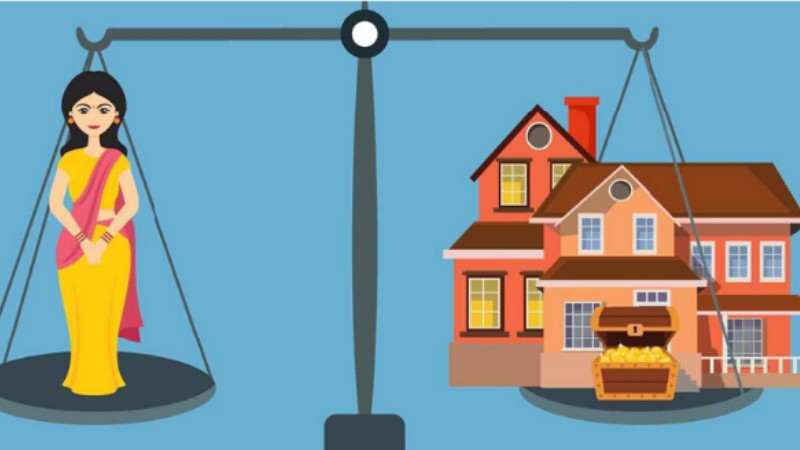

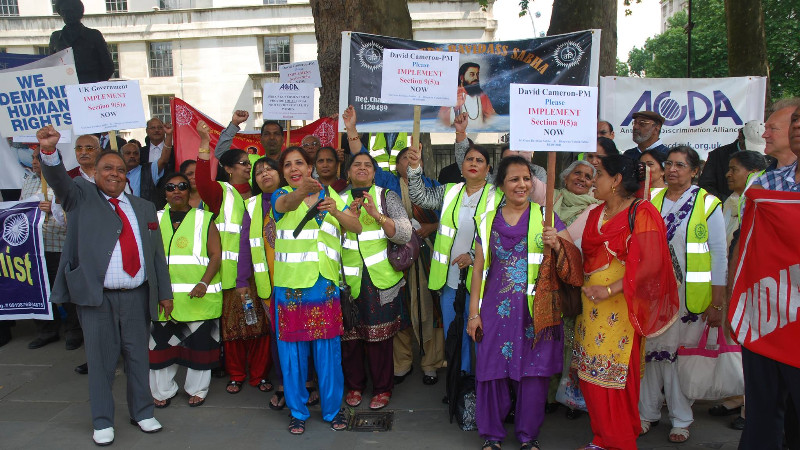
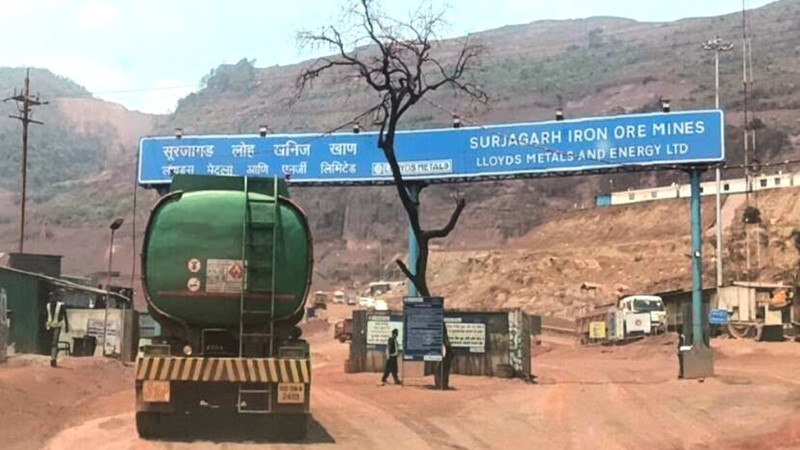


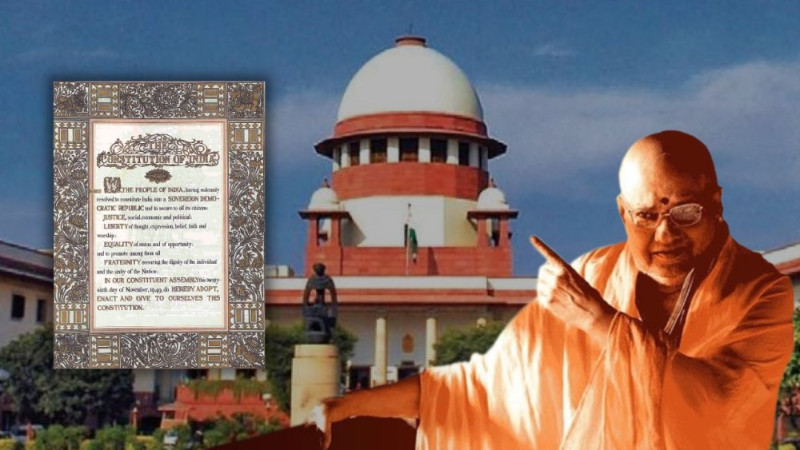
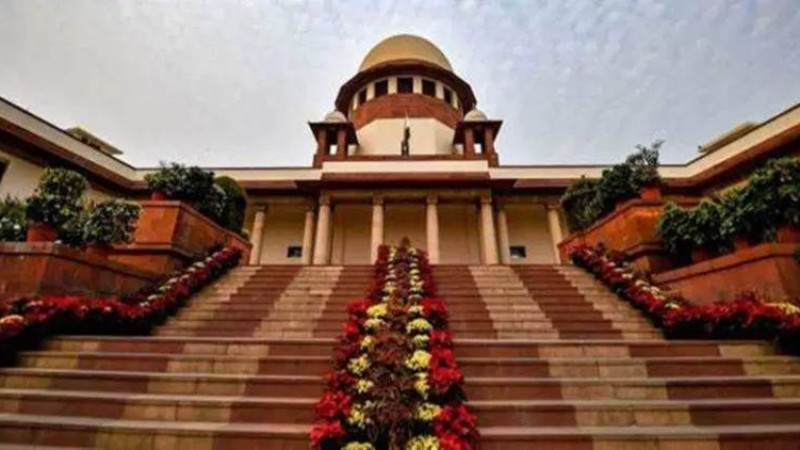
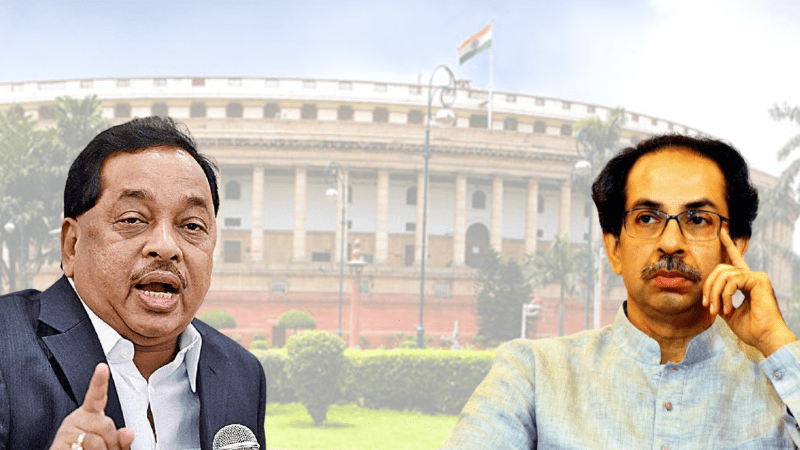
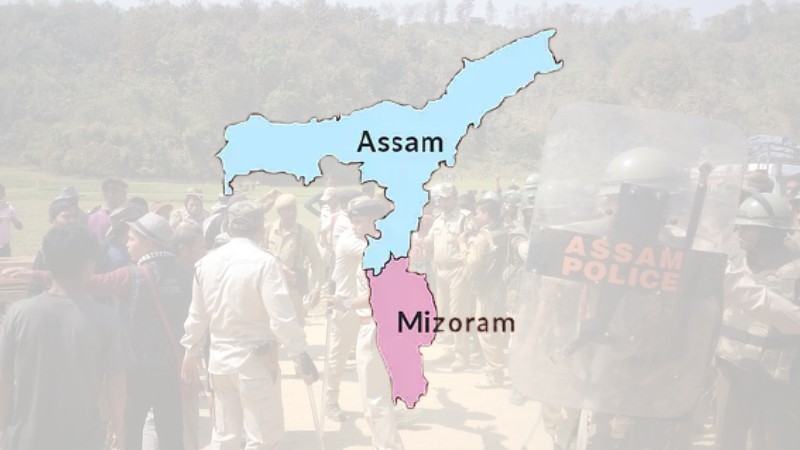







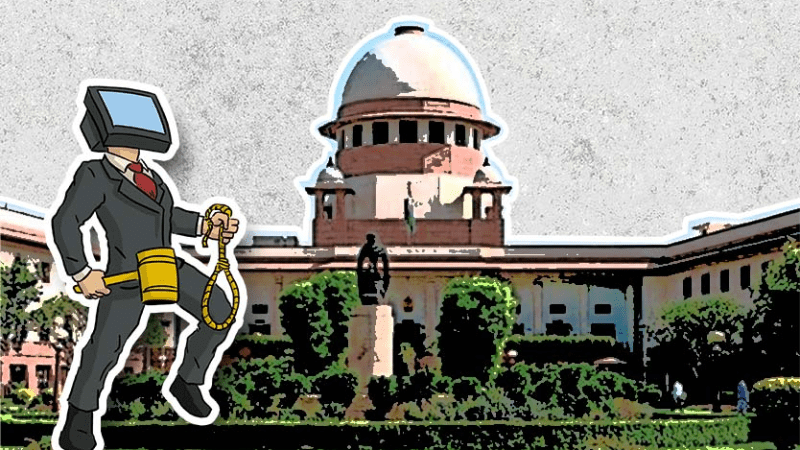




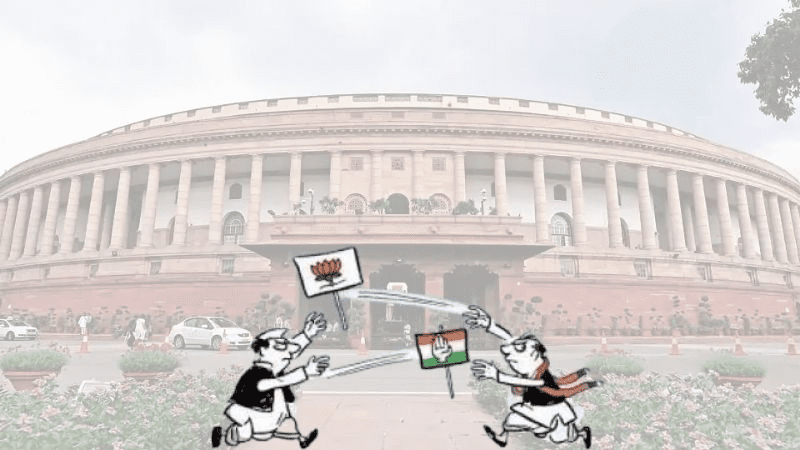

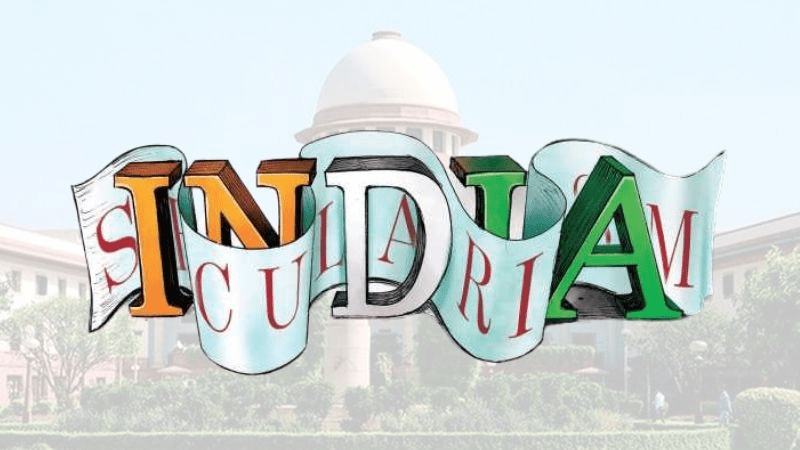




























Add Comment